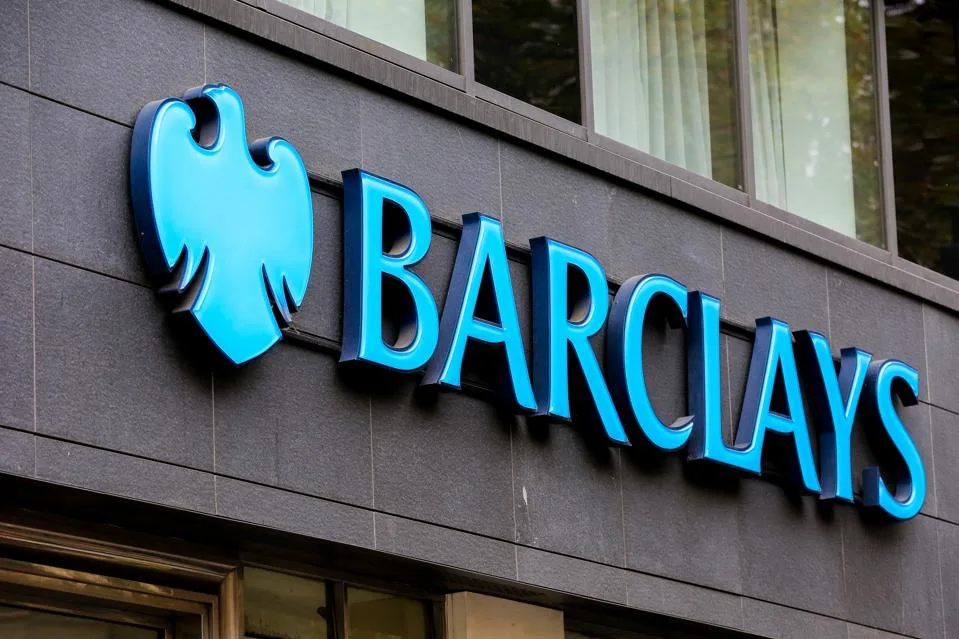Barclays, the UK-based bank, has announced a departure from direct financing of new oil and gas projects. In its recent “Climate Change Statement,” the bank outlines a policy requiring energy sector clients to present transition plans or decarbonization strategies by the beginning of the next year. Concurrently, Barclays introduced a new transition finance framework, defining criteria for categorizing financing to decarbonize high-emission sectors as “transition.” This initiative aligns with the bank’s goal to facilitate $1 trillion in sustainable and transition finance by 2030.
Barclays joins other major European banks, including HSBC, BNP Paribas, Crédit Agricole, and Societe Generale, in committing to cease new fossil fuel financing. The move follows a campaign led by ShareAction and investors representing over $1.5 trillion in assets, urging banks to end financing for new oil and gas fields. The announcement acknowledges Barclays’ engagement with ShareAction and other stakeholders in shaping the new policy.
The policy imposes restrictions and expectations on Barclays’ energy sector clients, including discontinuing project finance or direct finance for upstream oil and gas expansion projects, not providing financing to new clients with over 10% of planned oil and gas capex focused on expansion, and significantly limiting financing to non-diversified energy clients involved in long lead-time upstream oil and gas project expansion. Energy clients are also required to have 2030 methane reduction targets, commitments to end routine flaring by 2030, and near-term net-zero-aligned Scope 1 and 2 targets by 2026, along with transition and decarbonization strategies by 2025.
Barclays’ new transition finance framework defines criteria for classifying transition financing, supporting emissions reductions in high-emission sectors like cement, chemicals, and steel. The framework includes principles to guide the bank in applying the definition.
While ShareAction welcomed the energy financing policy and acknowledged “positive commitments,” it stated that Barclays “could have gone so much further” in its new commitments.
